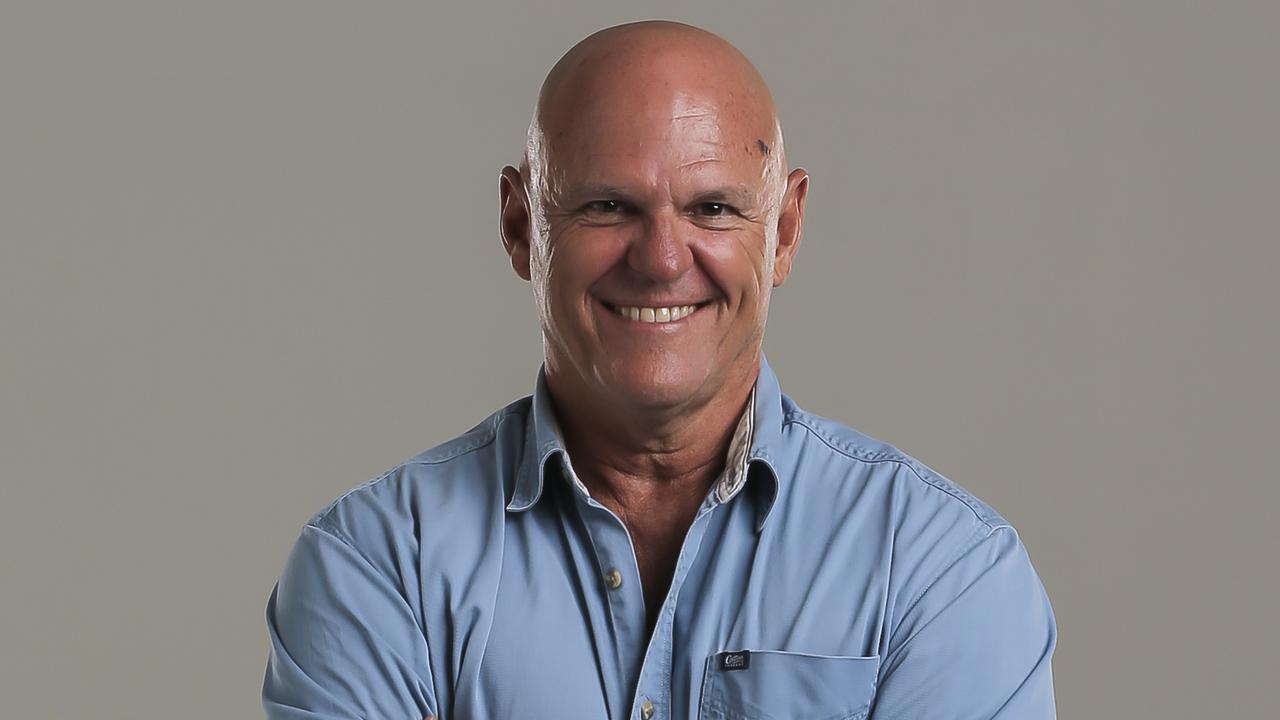Opinion: Monopoly has pharmacists raking it in while public suffers
A FEDERAL Government review of laws around pharmacies will expose the present system as a lucrative arrangement which benefits wealthy pharmacists at the expense of a long-suffering public.

Opinion
Don't miss out on the headlines from Opinion. Followed categories will be added to My News.
AN Italian restaurant just opened a few hundred metres from where I live and it will shortly be joined by a Greek restaurant a few doors away.
Good luck to them and their entrepreneurial spirit. It’s all about competition, the lifeblood of our free enterprise system.
Unless, of course, you’re a pharmacist and cocooned from competition by federal governments guaranteeing you a substantial income, no matter how hopeless you are at running a business.
If those restaurant owners had been chemists, they wouldn’t have been allowed to set up shop.
That’s because the rules forbid pharmacies being closer than 1.5km to each other and there is already a chemist shop nearby.
In case anyone tries to sneak in another pharmacy within the 1.5km exclusion zone and – shock, horror! – offer lower prices and better service, the laws are specific.
These state that the 1.5km must be measured in a straight line “from the mid-point at ground level of the public access door of each of the premises. If there is more than one public access door for either or both of the premises, the measurement must be taken from the public access door nearest to the other premises, that is, the shortest measurement that can be taken.”

Nor is it permissible to have a supermarket operate a pharmacy and offer more competitive prices. Only pharmacists are allowed to own pharmacies.
It is also forbidden to have a pharmacy located within a supermarket.
But what if you were to open a pharmacy next door to a supermarket with, say, a connecting door?
Sorry. They thought of that, for it is also forbidden to open a pharmacy that is readily accessible from a supermarket.
The bottom line is that the existing rules mean that consumers pay more while the pharmacists, a protected commercial species, rake in the dollars.
The Federal Government has a panel reviewing pharmacy remuneration and regulation.
You would think an industry that, between 2015 and 2020, will receive $18.9 billion in taxpayer funds to cover dispensing costs, would be accountable to the government.
You’d be wrong. In an interim report released recently, panel chairman Professor Stephen King wrote: “The panel is concerned that despite the pharmacy sector receiving a significant amount of government funding, there is a reluctance to provide this review and the Australian government with the information required to ensure accountability and transparency for the public money that is being used.”
The Pharmacy Guild of Australia, many of its members millionaires thanks to the monopoly they have been granted, is now disinclined to co-operate with a government review into their remuneration.
Why? Could it be they are fearful that the present system will be exposed as a lucrative arrangement which benefits wealthy pharmacists at the expense of a long-suffering public?
In 2014, the International Pharmaceutical Federation created a Pharmacist’s Oath. It says, in part: “I shall always place the needs of all those I serve above my personal interests and considerations.”
Really?


